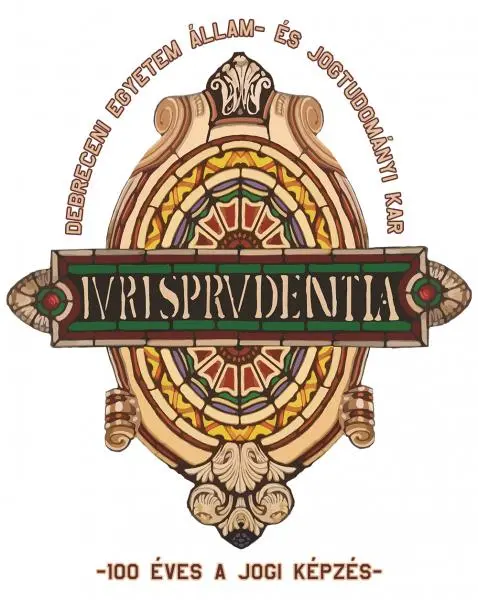 Joint conference of the Law School of University of Debrecen and the HAS Centre for Social Sciences Institute for Legal Studies
Joint conference of the Law School of University of Debrecen and the HAS Centre for Social Sciences Institute for Legal Studies
Organisers: Mátyás Bencze, Ágnes Kovács and Krisztina Ficsor
Planned date and venue: 28-29 November 2014 (Friday-Saturday), University of Debrecen, School of Law, Debrecen, Hungary
You may live stream the whole event under the following link: www.radio.iptv.unideb.hu
Aim of the conference
In the past two decades various ‘external’ (public trust, satisfaction, affordability and accessibility etc) and ‘internal’ or ‘formal’ (timeliness, fairness of judicial process, independence and accountability of courts) benchmarks have been worked out for the assessment of the quality of judicial activity. The question remains, however, whether we can measure the quality of the actual judicial reasoning at all.
This question is important on the one hand from a purely academic point of view: if there are methods to measure it, then traditional depictions of judicial activity as some kind of art (ars boni et aequi) or the manifestation of the mystical ‘judicial wisdom’ becomes unconvincing. If we can measure the quality of legal argumentation then we will be able to evaluate decisions of the judiciary and hold its members accountable in the case that their reasoning is considered unsatisfactory, in the same way that the work of other professions is also held up to scrutiny. A convincing methodology to measure the quality of judicial reasoning could possibly shift our paradigm of how we think about law in general.
Besides the academic interest, the issue is relevant also from a very practical point of view: the objective measurement of the quality of work spreads not only in academia (as we all know and some of us rather dislike this) but also seems unstoppable within the judiciary. The usual crude methods (e.g., number of judgments, hours of sitting, number of reversed cases on appeal) do not seem, however, to be able to reflect convincingly the real quality of a judge’s work.
We are interested in both the academic literature and the practice of judicial organisations in several European countries, i.e., among others, in questions such as: What is expected from judicial reasoning? Is there a general concept of good quality with regard to judicial reasoning? Is it spelled out in any legal documents (statutes, internal judicial guidelines, appellate cases)? If not then how are these requirements enforced? Are there any attempts to measure the quality of judicial quality? If yes, then is it rather a peer review method, a numerical measurement or a mixture of these? Are judges expected to pay attention to the parties’ arguments or to societal expectations? If they pay attention, are they also expected to mention explicitly these expectations in their judgments? What is the self-understanding of judges that can be seen from judgments: protectors of rights, mouthpieces of the law, mediators, guardians of justice or something different?
The purpose of the first day of the conference is to build a network of colleagues throughout Europe in order to launch a major research project on the topic. The Debrecen conference would be the first in a series of events in the coming years.
Roundtable Discussion on the General Methodological Problems of Measuring the Quality of Judicial Activity
Suggested hotels in Debrecen
Please contact the hotels directly. List is based on room prices (from most expensive to less expensive).